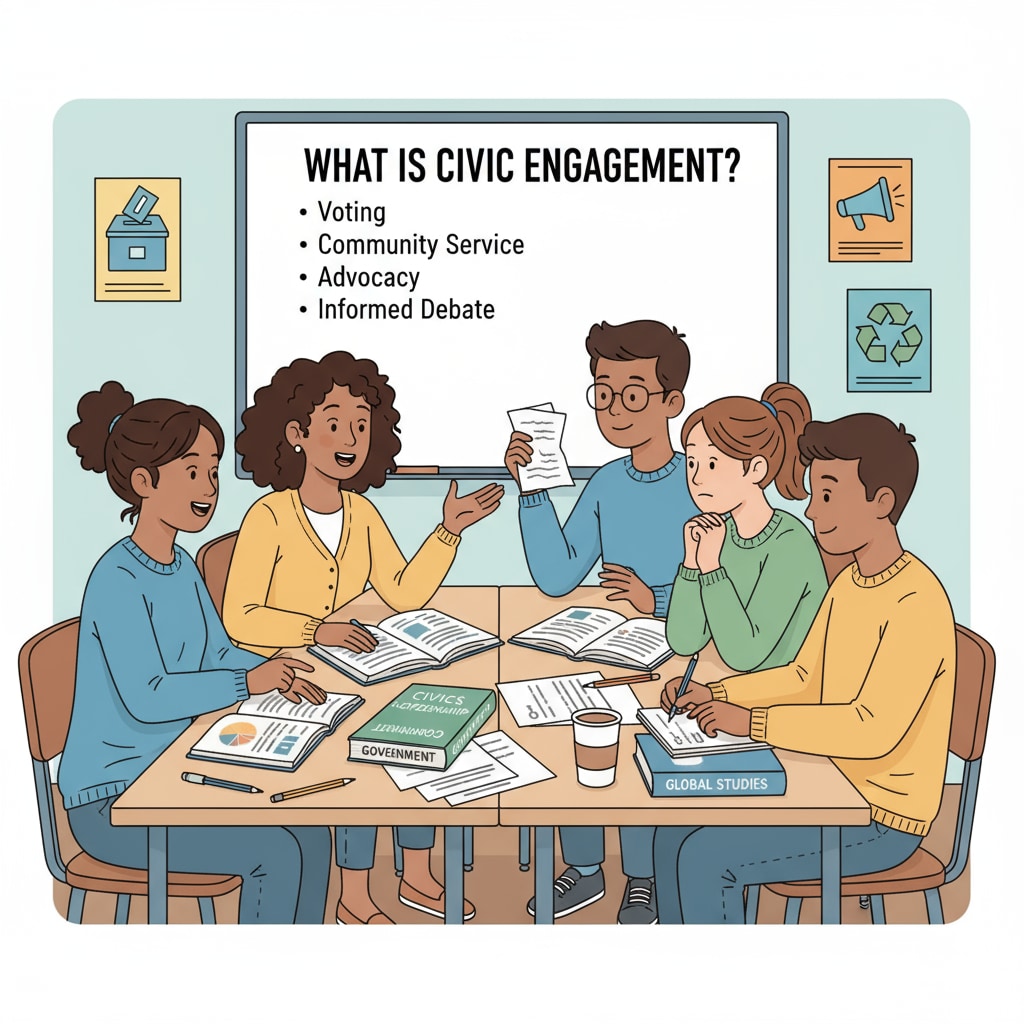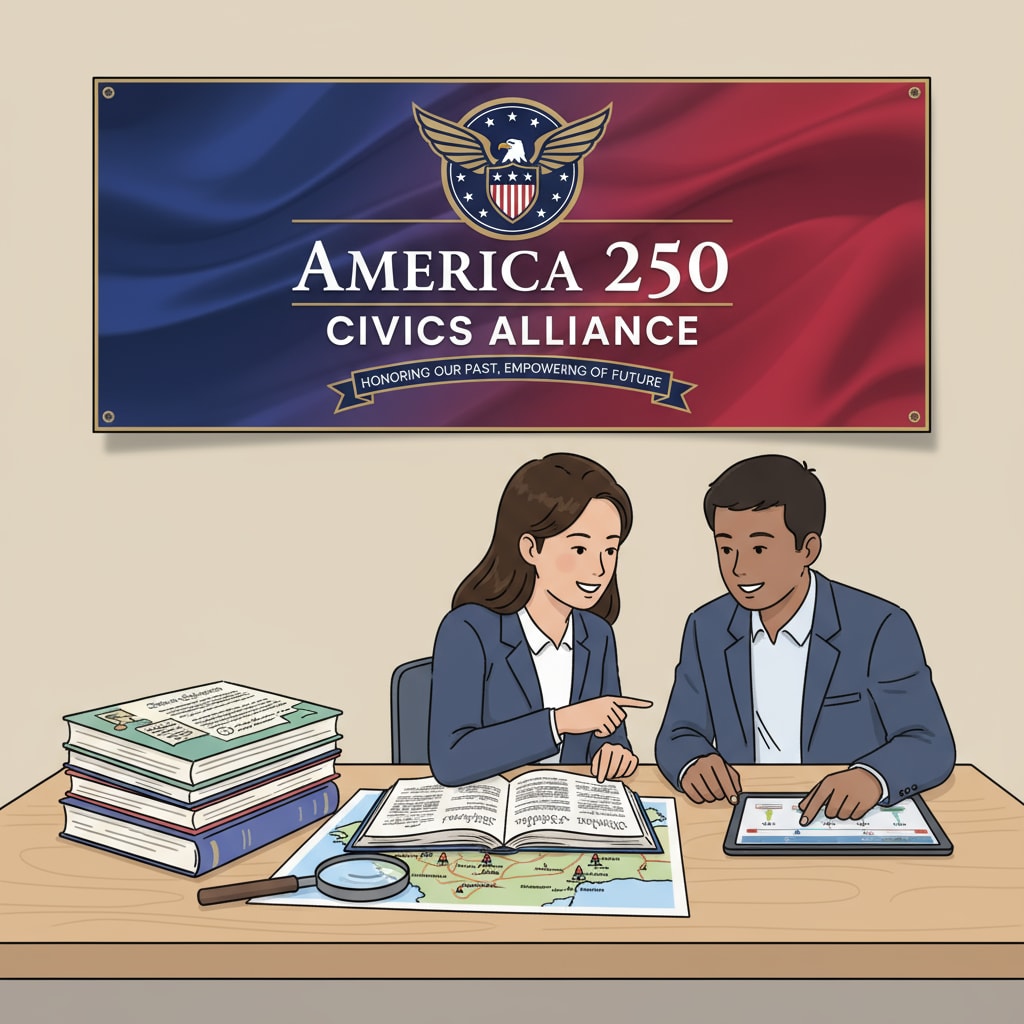The U.S. Department of Education, in collaboration with multiple politically charged organizations, has recently initiated the America 250 Civics Alliance. This move has triggered a wave of anxiety regarding the politicization of K-12 civic education. Civic education is the cornerstone of a democratic society, aiming to cultivate informed, responsible, and engaged citizens. However, the formation of this alliance has thrown the future of civic education in the United States into a state of uncertainty.

The Genesis of the America 250 Civics Alliance
The America 250 Civics Alliance was born out of a vision to commemorate the 250th anniversary of the United States. The U.S. Department of Education, along with several well-known organizations, hopes to use this initiative as a platform to promote civic education across the nation. The idea is to engage students from K-12 in activities that enhance their understanding of American history, government, and democratic values. For example, they plan to develop new curricula, organize educational events, and provide resources for teachers. Civic education in the United States on Wikipedia

Potential Impacts on K-12 Education
One of the major concerns is the potential politicization of educational content. With the involvement of politically-oriented organizations, there is a risk that the curricula developed under this alliance may be influenced by certain political ideologies. This could lead to a biased presentation of historical events and political concepts, which may misinform students. In addition, teachers may face pressure to teach according to a particular political agenda, undermining their professional autonomy. For instance, they might be required to emphasize certain aspects of American history while downplaying others. Education in the United States on Britannica
Another impact is on the students’ ability to think critically. A balanced and objective civic education should encourage students to question, analyze, and form their own opinions. However, if the education is overly politicized, students may be presented with a one-sided view, hindering their development of critical thinking skills. This could have long-term consequences for the democratic process, as an informed and critical citizenry is essential for a healthy democracy.
Readability guidance: As we can see, the potential impacts on K-12 education are significant. We need to carefully consider how to address these issues to ensure that civic education remains a force for good in American society. In the next section, we will explore ways to safeguard the objectivity and inclusivity of education.


